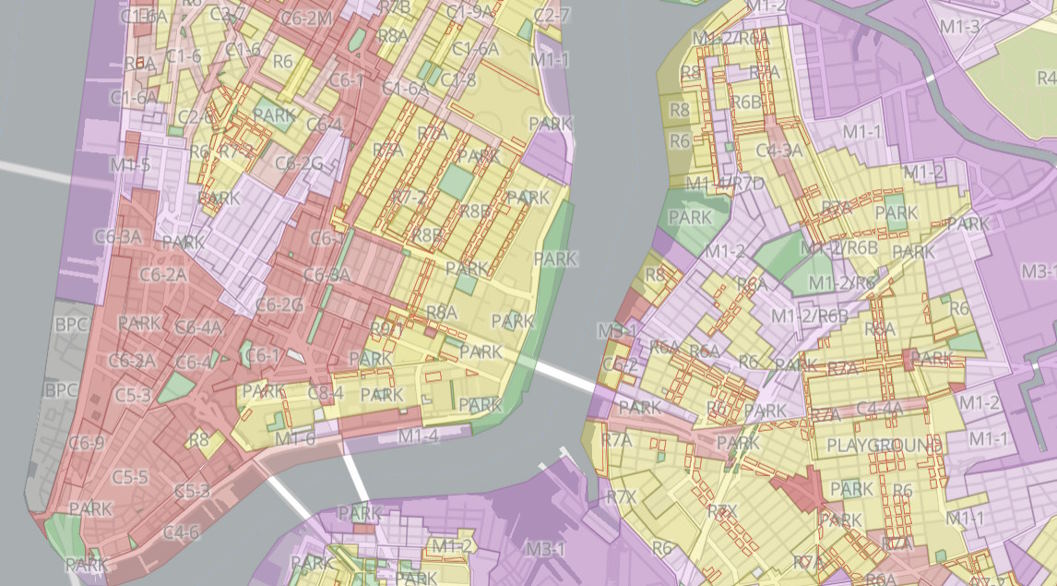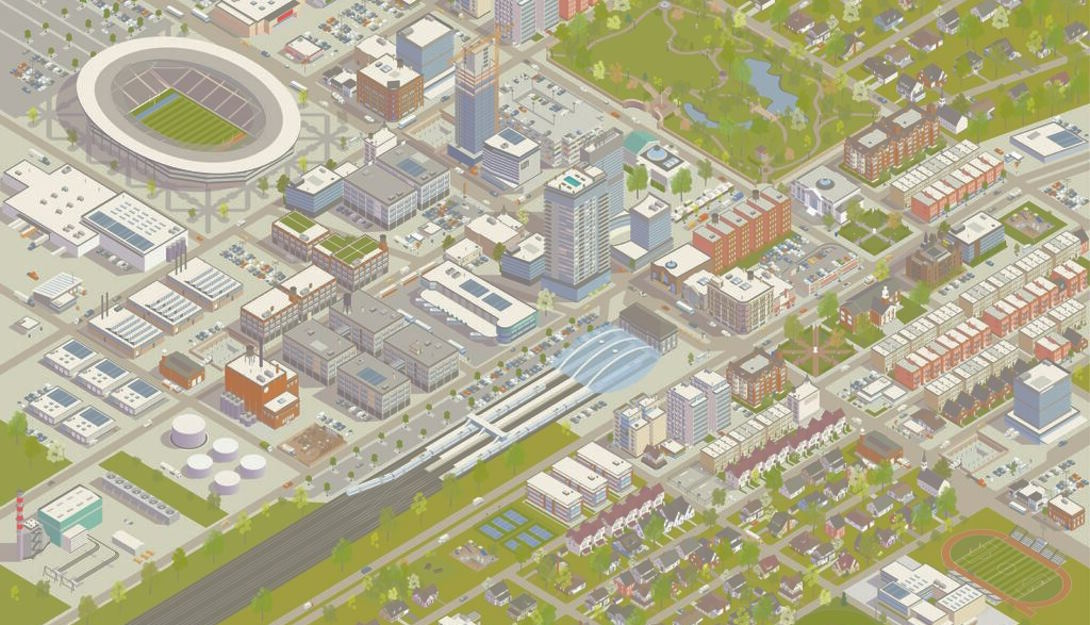Zoning Laws and Their Impact on Urban Development
Product Information
Zoning laws are municipal ordinances that specify the uses permissible for real estate within a given jurisdiction or area. Zoning laws come in various forms, and their effects on urban development differ. Zoning laws for residential areas restrict the quantity of new housing that can be built, while zoning laws for commercial areas define the kinds of businesses that can operate there. Here we are exploring the dynamics of zoning regulations in urban areas.
An illustration of a zoning law
- Take into account the zoning regulations put in place by a city council to regulate the use of land. They create various zones within the city, including commercial, industrial, residential, and agricultural.
- Zoning regulations in the industrial zone may promote the construction of factories and warehouses while restricting the development of residential areas because of possible noise and pollution issues.
- Zoning regulations in the agricultural zone may shield farms from urban development to maintain the regional food supply and support rural livelihoods. These are unlocking the potential of urban spaces through zoning policies.
Zoning’s Effect on Real Estate Development
Property estimations
Zoning laws affect property values. Zoning laws that restrict the height of buildings in a particular area, for example, may deter developers from building high-rise structures. As a result, there might be less room for new construction and more demand for already-existing structures, which would raise the value of real estate.
Progress and Extension in the Future
The zoning process needs to take the future into account. For example, in a developing country, the influence of zoning laws on urban landscape needs to consider the potential for infrastructure growth, the modernization of different slums, the emergence of new urban centres, and deforestation to make more land available for industrial development.

Enforcing Construction Codes
Building codes govern a structure’s safety and structural integrity. These codes are crucial in the most delicate buildings that house business operations and dignitaries. These codes also guarantee a building’s durability and stability. The codes are highly dynamic and adapt to new developments in technology.
Zoning regulations are a consideration in real estate investment when assessing properties. They can affect the success of your investment and directly know what you can do with a property. To successfully navigate the complicated world of zoning laws, it’s critical to learn about and comprehend local zoning regulations, collaborate with local authorities, and, if necessary, obtain legal counsel. By doing this, you can make well-informed investment decisions and guarantee that your projects complement the development objectives of the local community.


